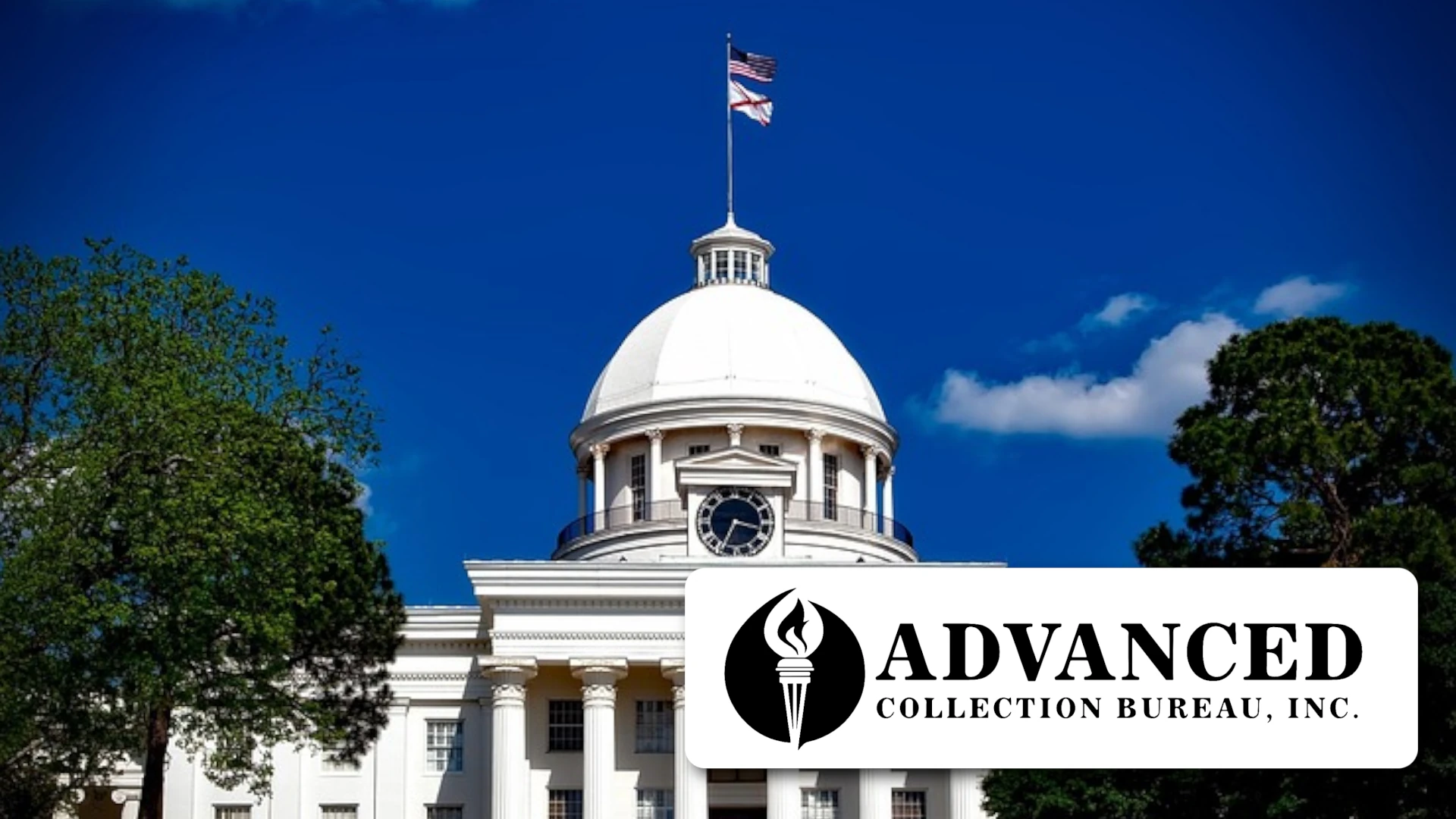If you have ever received a call from a collection agency, or if you are a business considering hiring one, you may be wondering what to expect. The process of debt collection is often misunderstood, but in reality, it follows a structured and legal approach to recovering unpaid debts. Understanding how these agencies work can help both businesses and consumers navigate the process more effectively.
The Role of a Collection Agency
A collection agency acts as a middleman between a creditor and a debtor. When a business has customers who fail to pay their debts, the business may choose to work with an agency to recover what is owed. Some agencies specialize in certain industries, such as property management or healthcare, while others work with a variety of businesses.
Once an account is placed in collections, the agency begins by reaching out to the consumer. The goal is to establish communication and encourage repayment. Most collection agencies operate on a contingency basis, meaning they only get paid if they successfully recover the debt. This incentivizes them to be effective while also ensuring they follow ethical and legal practices.
How the Collection Process Works
The first step in the process is verifying the debt. A collection agency must ensure that the amount being pursued is accurate and that all necessary documentation is in place. This protects both the consumer and the business, ensuring there are no errors in the claim.
Once the debt is confirmed, the agency will attempt to contact the debtor through phone calls, emails, and letters. These communications are designed to inform the debtor of the outstanding balance and offer options for resolution. Some consumers may be unaware of the debt or may have forgotten about it, so this initial contact serves as a reminder and an opportunity to settle the matter.
If the debtor is unable to pay the full amount, many agencies, including Advanced Collection Bureau, offer payment plans or settlement options. The goal is to find a solution that works for both parties while maintaining compliance with federal and state laws.
What Collection Agencies Cannot Do
While collection agencies have the right to pursue unpaid debts, they must adhere to strict regulations. The Fair Debt Collection Practices Act (FDCPA) sets clear rules about what is allowed. Agencies cannot harass or threaten consumers, misrepresent the amount owed, or contact individuals at inconvenient times. If a debtor disputes a debt, the agency must provide proper documentation proving its validity before continuing collection efforts.
Ethical agencies, such as Advanced Collection Bureau, take these regulations seriously and prioritize professionalism in every interaction. Their goal is not only to recover debts but also to maintain fairness and compliance throughout the process.
What to Expect When Working with a Collection Agency
For businesses, partnering with a collection agency can be a game-changer when it comes to recovering revenue. Instead of dedicating internal resources to chasing down unpaid accounts, businesses can rely on experts who specialize in this process. Agencies have access to advanced tools, such as skip tracing, to locate individuals and recover debts more efficiently.
For consumers, dealing with a collection agency does not have to be an overwhelming experience. If you receive a call or letter, the best approach is to communicate openly and understand your options. Whether you can pay the debt in full or need assistance setting up a plan, working with the agency directly can often lead to a resolution that works for both sides.
If your business is struggling with unpaid accounts, Advanced Collection Bureau can provide professional and effective recovery solutions. Learn more about how we can help by visiting Work With Us today.














